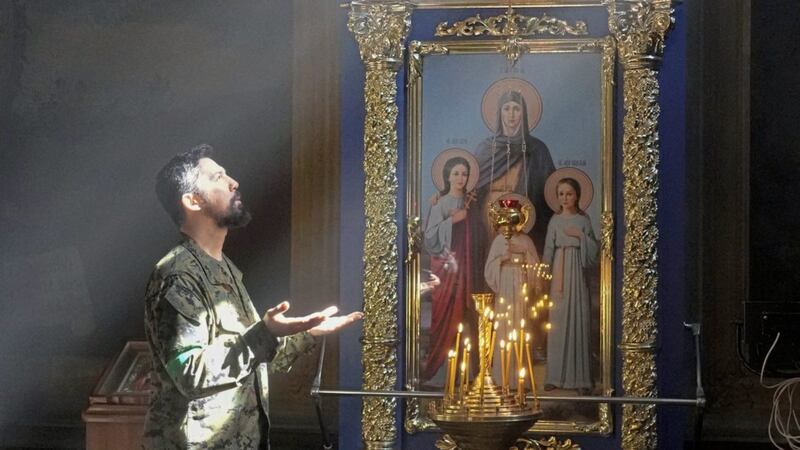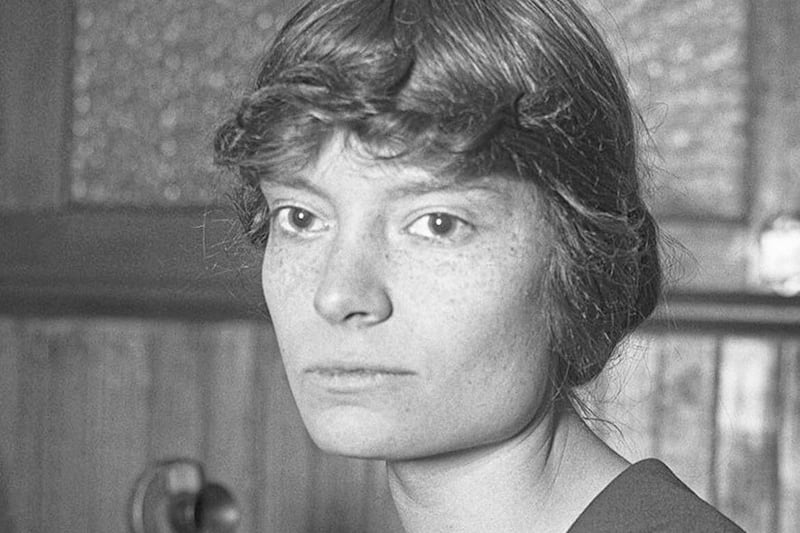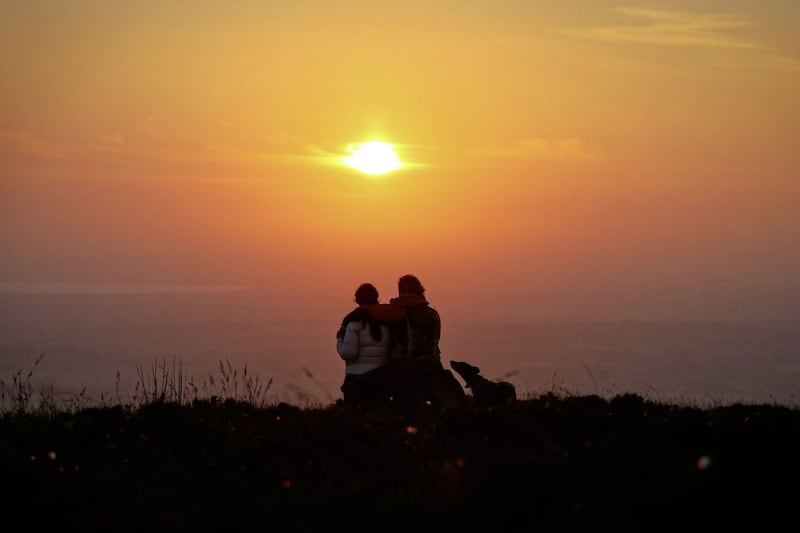THERE is an old Chinese curse which says, 'May you live in interesting times'. Sadly, we are now living in the very worst of times, certainly since the Second World War.
And the tragedy that is Ukraine is likely to be with us for some considerable time to come. There are no words to describe the television pictures we see or the reports we hear about the loss of life, the destruction of people's homes and the displacement of millions of people because of the political ambition of a deranged tyrant. And then there are the many other conflicts in parts of Africa, Asia and the Middle East.
There is a natural tendency in a time like this to pray that we emerge from present darkness into some future light. The reality, however, is that our lives are lived mostly in the shadows between darkness and light.
The question, then, is not so much about how we should strive to reach the light as how we should live in the shadows and make sense of the present.
The difficulty about living through a dangerous time like this is that all too often it can stifle important questions about the meaning of life, about God, about eternity, about who we are, what we are here for, where we are headed and whether or not anything really matters at all in life.
Karl Marx famously said that religion was the opium of the people. And he was right, if by that he meant that faith can sometimes have a numbing effect, quelling these hard questions and excusing us from the necessary hardship of working for peace and justice.
The past few years of Covid have forced us to face head-on the inescapable fragility of all of our lives. This new time of danger and uncertainty may well continue that process. So how can our faith help in this new dispensation?
Following Jesus has always meant that one is poor and powerless before the world. And, God knows, that's the way most of us feel now confronted by the present state of the world - poor and powerless.
But it is precisely at such a time as this that we need to draw heavily on our resources of prayer and hope. And we have a deep well from which to draw. I think that what keeps us going is what Gandhi called 'soul force' (satyagraha) and the New Testament calls 'grace'.
I would translate that term today as the presence in individuals and groups of an inner peace, a trusting faith combined with a strong sense of purpose. This gift of grace enables us not to lose heart when the going gets tough and we feel like packing it all in.
It also keeps us at a distance from that brokenness of spirit spoken of by the philosopher Camus for whom the first question of modern life was that of suicide.
For us, the question must be different: how to keep going, how to minimise human destruction; above all, how to love the enemy when one's life stands in opposition to his or hers. The challenge of following Jesus has never been easy, as many of us are now finding out.
We do not know what the future may bring, but we do know that our task is to face it with courage and hope and share that hope with our sisters and brothers everywhere. Thomas Merton was right when he said that we have more to do than sing hymns while the ship goes down.
Fr Gerry McFlynn is a Down and Connor priest and project manager for the Irish Council for Prisoners Overseas. He is based in London with the Irish Chaplaincy.








